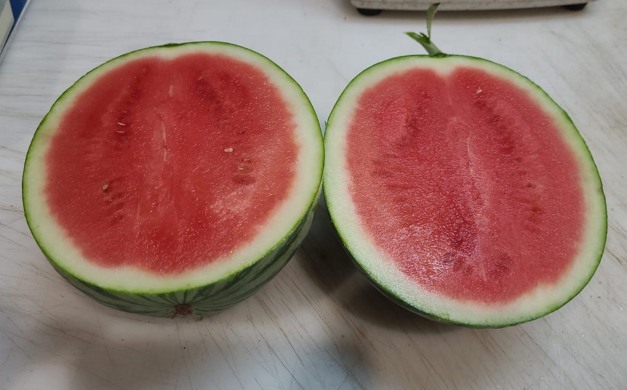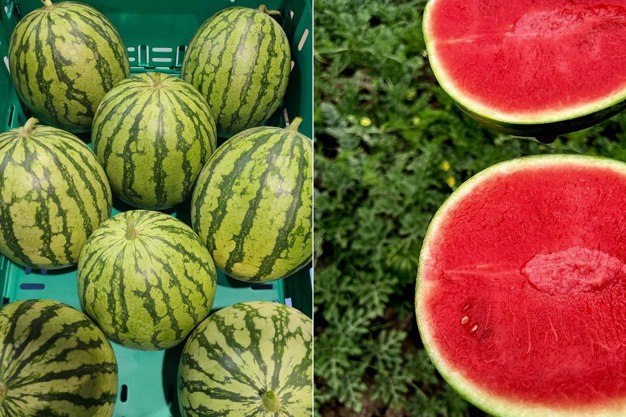The Portuguese watermelon is about to get going, and one company specializes in the miniature version of the watermelons. Tania Silva, who does sales for Rush Farms Portugal, states that they’ve managed to increase production for their mini watermelons every year so far: “Our mini watermelon campaign started this month and will continue until the end of September. We having increased our volumes every year. For this season, we’ve doubled our volume compared to last year, and our projections is to increase next year volumes as well. Fortunately we didn't suffer any losses in our fields, and we have no restrictions in volume. In fact here are some partners in Spain that are looking in Portugal for volumes able to compensate what they weren't able to harvest in their fields.”

Although the mini watermelons are less known than their larger versions, according to Silva the demand is gradually picking up. “Portugal is a traditionally watermelon producing country, although due to social and economic changes we have adapted to produce to mini watermelons. To increase brix levels, we prefer to start harvesting later to have a sweeter tasting fruit. Demand of mini watermelon is increase compared to regular watermelons. It is more easy consumer buy small sizes than cut regular watermelons. First because families are smaller, so no need of such bigger sizes, and secondly because you can buy it regularly and you have it freshly.”
With the challenges for watermelons in other countries, demand has naturally increased. This is no different for the mini watermelons. Silva emphasizes that prices have been stable, despite the lower availability: “There is less volume available in the market this year, so it is naturally that the prices are higher than last year, adding all the others factors that are pushing prices in fresh produce. But they are very stable and no big fluctuations had occurred. Demand this year has increased, not only because of our ability to maintain programs with clients but also because of the shortcomings in supply from other countries that have occurred.”

“In the beginning the markets for mini watermelons were mainly the northern European countries. Now it is all European markets, even those that traditionally produce watermelons themselves, in south Europe. Our mini watermelons can be bought in France, Switzerland, Spain, Luxembourg and the Netherlands. We believe that we will be able to conquer more retail chains with this product and complement our cabbage, pumpkin and sweet potato offerings. We adapt to the type of packaging that any customer asks for and we sell quality products. This helps us retain customers, who see us as a solid partner,” Silva concludes.
For more information:
Tania Silva
Rush Farms Portugal
Email: [email protected]
www.rushgroup.co.uk
